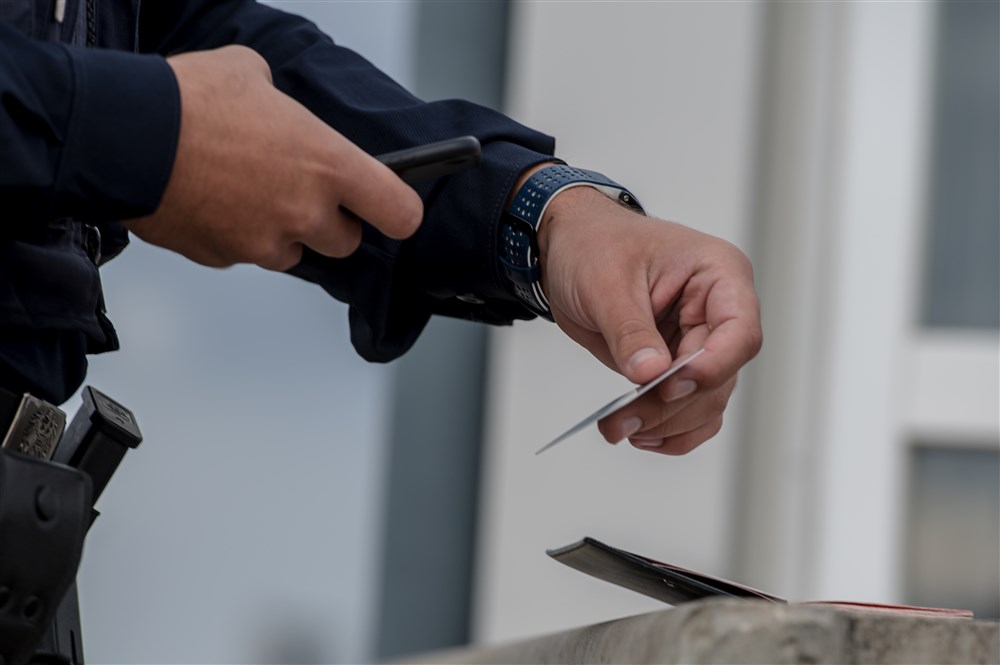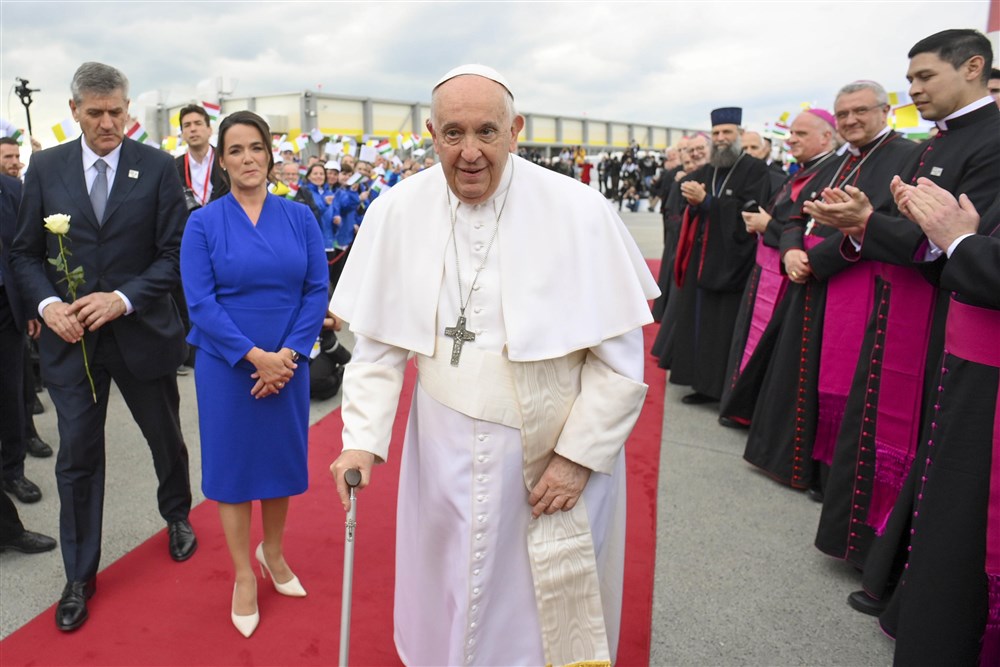Tom Van Grieken, the leader of the Flemish nationalist party Vlaams Belang, has demanded that asylum seekers who start riots have their asylum claims rejected by the Belgian authorities.
It comes after fifteen would-be asylum seekers rioted in a centre in the municipality of Merksplas, resulting in damage being done to the building’s kitchen.
According to a report by state-owned broadcaster VRT, staff were eventually forced to call in the police to restore peace in the facility, with at least one rubber bullet being discharged by law enforcement in the process of pacifying the crowd.
Twelve of those involved in the rioting are now said to be being kept in solitary confinement.
Van Grieken has demanded that the region’s devolved government take decisive action against the rioters. “Strong action must be taken,” the member of Belgium’s parliament said in a statement seen by Brussels Signal. He added that if Flanders was truly serious about pursuing a “strict asylum policy”, then the region’s ruling administration could not allow the rioting in Merksplas to go unanswered.
“Anyone who does not want the food offered by the Flemish taxpayer and then causes a riot does not deserve to be allowed to stay here,” Van Grieken emphasised. “The asylum application of those who misuse our hospitality to stir up unrest here must be rejected. Anyone who comes here to destroy must lose their right to shelter.”
Overall, the European Council on Refugees and Exiles estimates that around 66,000 foreign nationals received a temporary protection certificate in Belgium between March 10, 2022, and the end of February this year.
The vast majority of those who received the document are registered as Ukrainian citizens, while 1,500 were said to be from other countries.
Flanders has reportedly seen the bulk of foreign arrivals on Belgian soil. Euractiv reports that the region had taken in up to 80 per cent of the country’s migrant arrivals, a figure substantially higher than the 60 per cent authorities in the Dutch-speaking region originally agreed.
Flemish authorities are now pushing for Wallonia, the French-speaking region of the country, to do more. Flemish housing minister Matthias Diependaele says that Flanders is doing more than its share in handling the migration surge.





